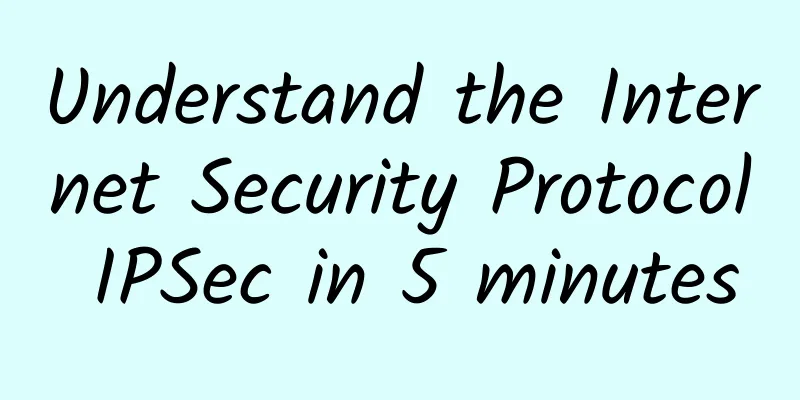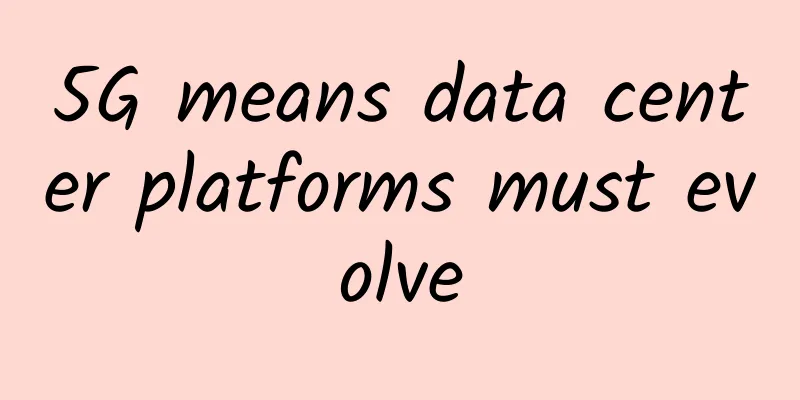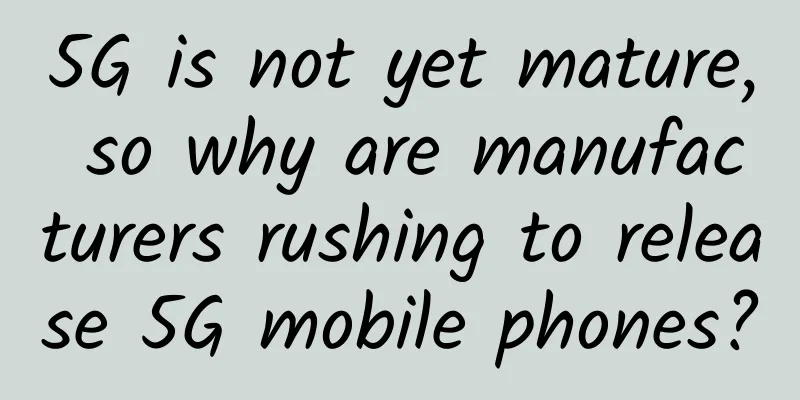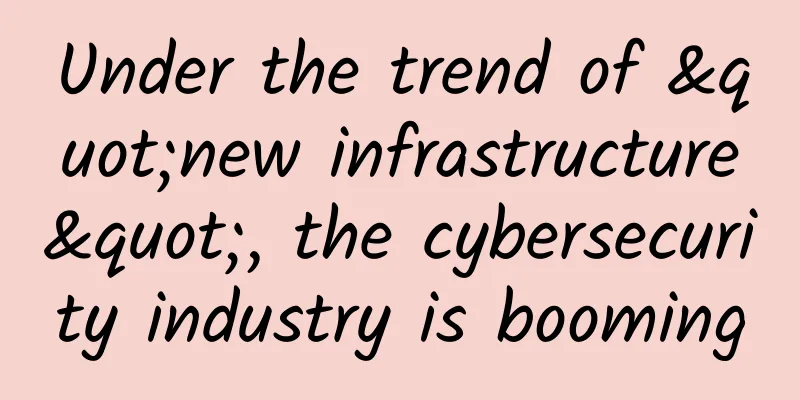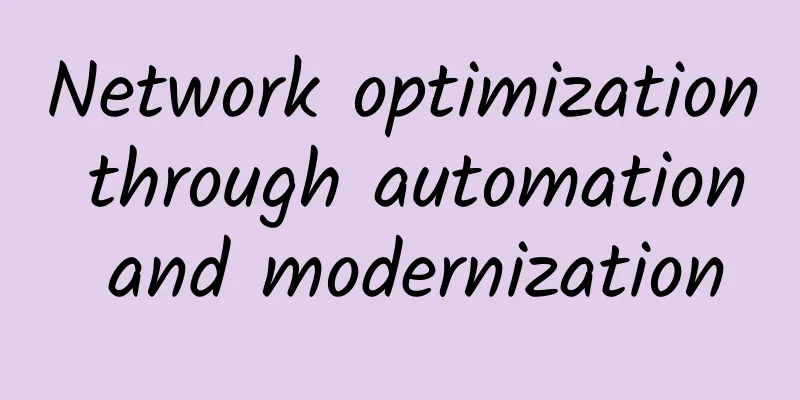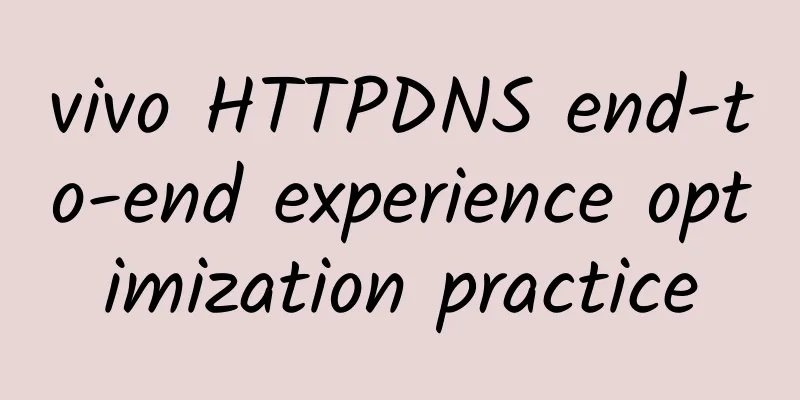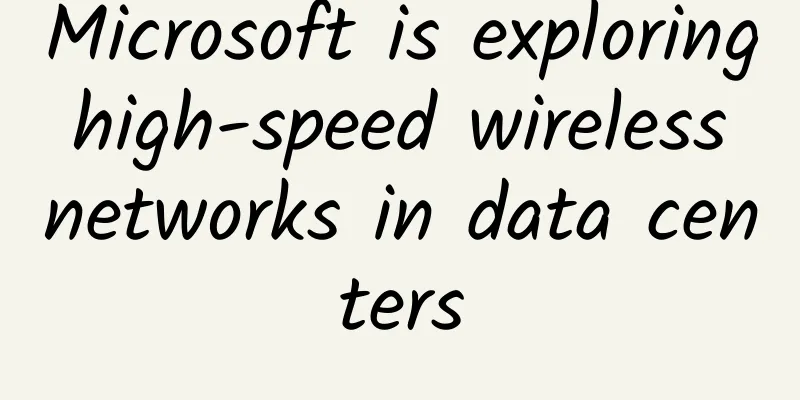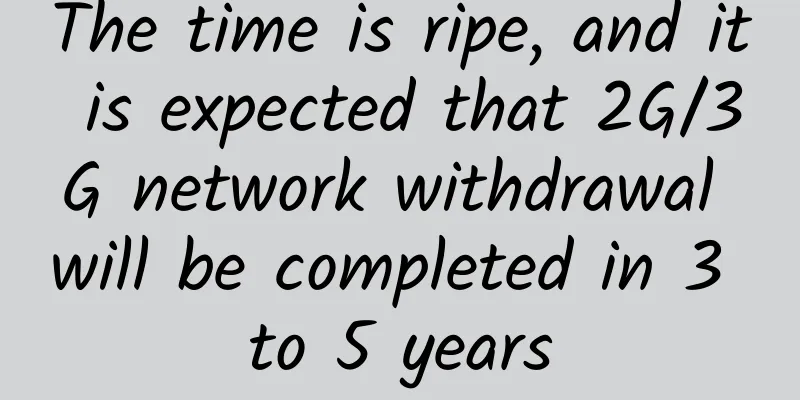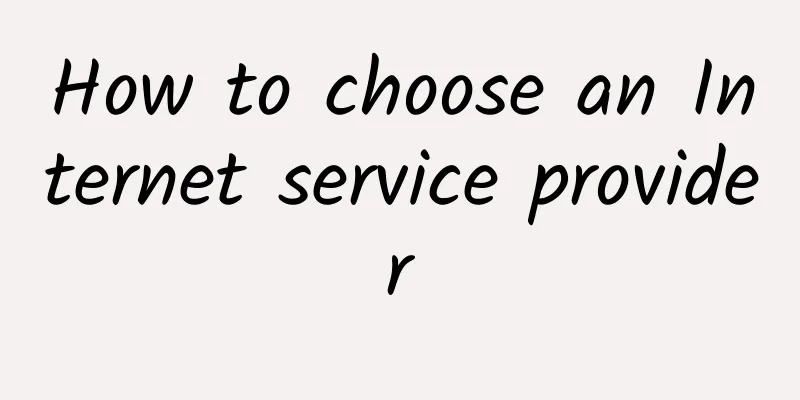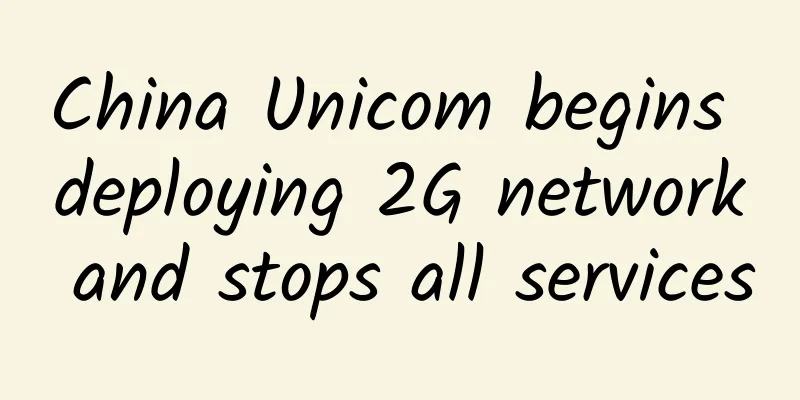Unlimited mobile data packages are criticized: "Unlimited" is very big, and "Speed limit" is hard to find
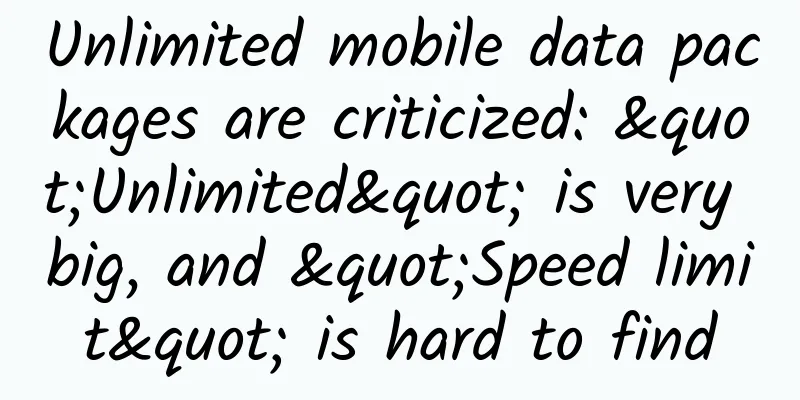
|
Since the three major operators launched unlimited packages, the rule that traffic usage will be limited after reaching a certain threshold is not well known and has been criticized by users. Recently, many users reported that they were notified by operators to reduce their speeds through text messages while using unlimited data packages. Some users were unable to log into WeChat for half a day, and some even had their normal work affected. Although some packages can restore normal Internet speeds by purchasing data recharge packages, users still said they were deceived because when applying for packages, operators focused on promoting "unlimited data" and "free use", but rarely mentioned "speed limit" regulations. The editor found that most of the online business halls of operators in various places promote unlimited packages at the top of the page. Only by clicking on the product details page can you see the speed limit plan marked in gray or small letters. In addition, in order to promote a variety of unlimited packages, the three major operators often reduce monthly fees by giving away free call charges in the early stages of package use, and focus on promoting discounted prices. Afterwards, the packages become more expensive the more they are used. Analysts pointed out that operators should adjust their promotion strategies and make it clear that there is no speed limit on traffic. Another thing that users should pay attention to is the free APP-exclusive traffic service launched by operators in cooperation with Internet companies. Reporters have found that these free exclusive traffic actually contain a number of exceptions, and some operations and services on some APPs cannot be used, and users can only pay extra traffic fees.
"Unlimited" is everywhere, and "speed limit" regulations need to be explained in small print A user in Haikou, Hainan reported that she bought China Mobile's 98 yuan unlimited family package. She likes playing Douyin, Weibo and WeChat, and because the package is unlimited, she also opened a hotspot for friends to use. She would use up 20G in the middle and late of each month. After the 20G was used up, the network speed dropped to the point where it was difficult to log in to WeChat. At most, she could send text messages, and browsing pictures became extremely difficult. After consulting customer service and repurchasing a 15 yuan 3G domestic data acceleration package, it returned to normal. Another user from Jiangsu said that the 99-yuan unlimited package he signed up for from China Telecom also had speed limits after 20G. He only noticed the rule when the operator sent him a text message. "I usually watch TV dramas and sing KTV, but the problem is that this product cannot be called unlimited." In response to the speed limit issues reported by netizens, the reporter checked the online business hall webpages of China Unicom, China Mobile, and China Telecom in many places and found that most of the business hall homepages promoted unlimited packages at the top. The slogans included "Unlimited traffic", "Unlimited traffic, no envy", "Unlimited sharing", etc., but there were almost no prompts about speed limits. When you click into a product page, in most cases, the words "unlimited" can be seen everywhere, while the speed reduction prompt is usually at the back, indicated in inconspicuous small letters or gray font. For example, on the details page of the Tianyi nationwide unlimited package on China Telecom’s official website in a certain place, the first thing that catches the eye is still the bold slogan - "Watch the live broadcast whenever you want, and use the traffic as you like." In the tariff table at the back, the national traffic column only states "unlimited." The speed limit regulations can only be found in the small notes below after careful inspection. The notes stated that packages of different tiers from 99 yuan to 999 yuan have different speed reduction thresholds of 20-80G. When the domestic mobile Internet traffic accumulates to the corresponding threshold in the month, the Internet speed will drop to 1Mbps and will be restored the next month. Picture: Details page of unlimited data packages on China Telecom's official website in a certain region The description of China Mobile's "Renwoyong" 88 yuan nationwide unlimited data package in a certain place is more complicated and distributed in different interfaces. The details page shows that the data in the package is only 2G, and an additional 12-month 8G domestic data is given, but the data outside the package emphasizes "domestic data is unlimited and can be used at will." Picture: China Mobile's unlimited data package product details page Only when you click into another tariff interface, the last item of the tariff rules explains that the out-of-package traffic will reduce the Internet speed. The rules say that if you apply for a 9-yuan 3G domestic traffic refueling package at this time, you can restore the Internet speed. As for the speed reduction regulations after the total traffic usage reaches 100G, it can only be found in the warm reminder interface - the network speed will drop below 128Kbps. The speed limit rules for different image usage are distributed in two different interfaces It is also difficult to find the speed limit regulations on the homepage of China Unicom's local network halls. However, by comparison, by clicking into the unlimited packages of the Big and Small Bingshen Cards, you can see a clearer "speed limit description", which is uniformly in bold font. The speed limit description is clearer and marked in bold on the page of China Unicom's unlimited ice cream package in a certain area. Regarding the promotion of unlimited packages at offline business halls, many users also reported that when applying for the package, the staff only advertised "unlimited" and "free use", and mostly did not mention the speed limit regulations. After successfully applying for the package, the SMS reminder received was too long, and the speed limit reminder was often easily ignored by users. Industry insiders: There is nothing wrong with speed limit, the problem lies in the promotion method In fact, imposing over-the-counter limits on unlimited packages has long been an international practice. According to the People's Post and Telecommunications News, the design consideration of the excess limit is to ensure that most users can use the mobile network fairly and reasonably. In 2007, when Apple mobile phones were rapidly popular in the United States, users' demand for mobile Internet access was greatly stimulated. US telecom operators launched unlimited package plans, but due to the lack of any restrictions, user experience declined significantly, and eventually operators stopped developing packages without any restrictions. Some technical experts said that since the total bandwidth of mobile network shared base stations is limited, if many users continue to occupy the mobile network at high speed at the same time, it may cause network congestion. According to the "first come, first served principle", users who want to access the Internet later will not be able to access the network and need to wait in line. At the same time, the Internet speed of other users who are already online will also become "turtle speed", and the experience will become worse. Therefore, the current unlimited packages around the world are all designed in a stepped manner - first meet the maximum network speed promised within the usage range of most users, and after reaching the speed limit, the network speed will drop. However, despite this, Liu Qicheng, editor-in-chief of Communications World Omnimedia, who has been paying close attention to the development of the domestic communications industry for many years, said that he cannot agree with the current promotion methods of domestic operators. "(Operators should) make it clear what unlimited speed traffic means, and explain clearly what 10G can do and what it can achieve, instead of simply emphasizing unlimited speed and downplaying the speed limit information, using small print or just casually mentioning it to you," said Liu Qicheng. Liu Qicheng gave an example, saying that in the 2G era, the Internet speed could only reach 9.6Kb, in the 3G era it could reach 1-2Mb, and in today's 4G era, it can ideally reach 5-10Mb, and generally it can reach 2-4Mb. Therefore, once the speed limit is reached, the user experience will inevitably deteriorate significantly, not to mention when user expectations are raised. On the homepage of a certain region’s official website of China Telecom, there is an obvious promotion for an “unlimited” package, with “unlimited” advertised in bold font, but no mention of “speed limit” or other regulations. The monthly fee is more expensive the more you use it, and there are many restrictions on APP free traffic In addition to the difficulty in finding speed limit regulations, The Paper found that some unlimited packages launched by operators also make users feel that "the more you use, the more expensive it becomes" because they offer a large number of preferential prices in the early stages. For example, China Mobile launched an unlimited package at a discount price of 68 yuan in a certain place. The original price was 128 yuan. After new users recharged, the monthly fee dropped by up to 60 yuan. After 12 months, the price dropped by 30 yuan, and the original price was restored after 24 months. A similar situation also exists in a number of unlimited packages launched by China Telecom in a certain place. Among them, the monthly fee of the Pangbo card super value version is 46 yuan, and 25 yuan of call charges will be given every month in the first 12 months, reducing the monthly fee to 21 yuan, and returning to the original price after one year. In contrast, China Unicom's unlimited packages in various regions do not adopt the above-mentioned long-term preferential approach. Its "Big and Small Bingshen Card" packages currently adopt the method of pre-depositing 99 yuan to get 100 yuan of call charges, and pre-depositing 49 yuan to get 50 yuan of call charges, which are paid in one lump sum. China Mobile launched an unlimited package in a certain place. There are a lot of discounts on call charges in the first 24 months, and then the original price will be restored. China Telecom launched a super-value package of Pangbo Card in a certain place, which offers free half a month's call fee in the first 12 months, and returns to the original price after one year. Fu Liang, a telecom analyst who has been paying close attention to the Internet and communications for a long time, believes that the one-time discount method not only gives discounts to new users, but also avoids the situation where the packages become more expensive the more they are used. "The most ideal approach is to manage a user from the moment he or she enters the network, so that the user can experience cheaper and cheaper rates and better services, rather than attracting users with highly preferential policies and then ignoring them and letting them leave." In addition to the increasingly expensive monthly fees, The Paper also found that the exclusive traffic in the free data packages jointly provided by operators and Internet companies is not suitable for all operations. For example, China Mobile’s “Let Me Watch” video traffic package is advertised as being exclusively for targeted use on multiple video apps such as Migu Video and Tencent Video. However, the use of these targeted traffic is still limited - the traffic generated by online viewing/downloading/caching of pictures, text, in-video ads, barrage, third-party ads, etc. within the app is not within the scope of exclusive traffic usage, which means users are required to pay additional traffic fees for this. Explanation on the scope of use of exclusive traffic for mobile video viewing in Migu Video APP The Tencent King Card (including Dawang Card, Diwang Card, and Tianwang Card in different levels) jointly launched by China Unicom and Tencent also has similar regulations. Although it claims that "more than 100 applications are free of data traffic" and "say goodbye to Wifi, use it whenever you want", the exclusive data traffic description at the bottom of the introduction page shows that web pages, videos and other services provided by third parties on the APP, such as mobile news network, Sogou, Baidu, iQiyi Video, Ctrip, JD.com and other non-Tencent services cannot use exclusive data traffic. In addition, the free data traffic range of many live broadcast APPs is limited to watching live broadcasts and playing videos, while using mobile live broadcasts, uploading videos, loading text and pictures in live broadcasts, and on-demand videos are not within the scope of exclusive data traffic. The exclusive data traffic of the King Card jointly launched by China Unicom and Tencent is partially applicable In this regard, some netizens said that because they did not pay attention to the relevant reminders, after applying for a certain APP targeted traffic card, their phone bills did not decrease but increased. They only discovered the above rules after consulting. Ma Jihua, a telecom industry analyst, said in an interview with China News Service this year that the promotion of targeted traffic is still relatively vague. It mainly depends on how the APP and the basic manufacturers negotiate, but the contract will not be announced to users, and there is no unified standard for publicity. |
<<: Edge computing/fog computing and what it means for CDN providers?
>>: What happens when SDN meets 5G?
Recommend
[6.18] RackNerd: $17.88/year KVM-1.8GB/18GB/5TB/Los Angeles Data Center
RackNerd has released a special package for the 6...
Liu Liehong from the Ministry of Industry and Information Technology: 5G has become an important driving force for high-quality economic development
The 2021 Mobile World Congress (MWC) Shanghai Exh...
Unleash the power of 5G! H3C launches MSR series 5G routers
With the advent of the 5G era, 5G routers serve a...
Manually implement UDP and TCP communication
[[336022]] UDP UDP is a connectionless protocol, ...
[Black Friday] Anynode: $8/year KVM-512MB/10G SSD/1TB/Las Vegas
Anynode released a Black Friday discount plan, of...
IPv4 addresses are exhausted. Let’s discuss IPv6 penetration and IP migration complexity.
[[283967]] As a basic resource, IPv4 has supporte...
5G+Industrial Internet, how is this addition “calculated”?
On September 17, the Zhongguancun Industrial Inte...
In 2025, the 5G core market size will reach US$9.497 billion
According to ResearchAndMarkets, the global 5G co...
The Smart Network: Cisco's most disruptive innovation in a decade
A little over a year ago, my colleague David McGr...
On the eve of large-scale commercial use of 5G, private LTE networks will take the lead in IoT applications
In the past few days, South Korea and the United ...
A hybrid optical-electric cable solves the problem of intelligent manufacturing network layout
Manufacturing has always been the lifeline of the...
HostDare offers 20% off on new NVMe disk VPS starting at $20.79 per year
HostDare sent a new email, and launched the new N...
Canadian telecom operator Rogers shuts down its network on a large scale
According to foreign media, Rogers, one of Canada...
A brief analysis of the Time Sensitive Network (TSN) technology for deterministic networks
Author: Lu Yingchuan, unit: China Mobile Smart Ho...
Analyzing the core technology behind 5G: beamforming
Virtual reality, drones, and autonomous driving, ...
